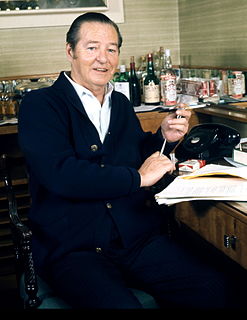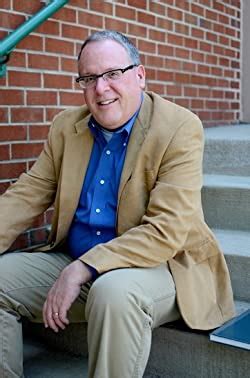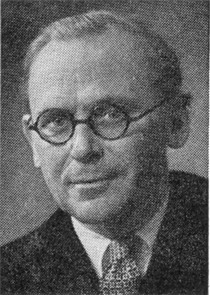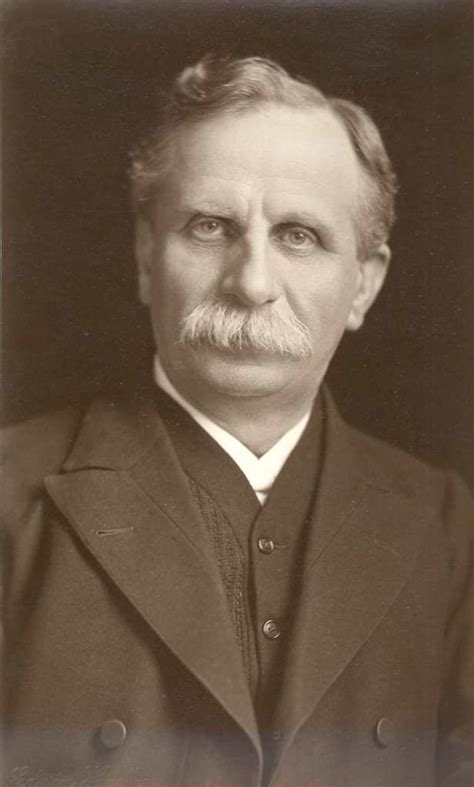A Quote by Mother Angelica
Even if my fellow man has proven faithless time after time, I can at least retain a hope that he will improve, pray for him, and think kindly without frustration and disappointment.
Related Quotes
Hope is critical to both faith and charity. When disobedience, disappointment, and procrastination erode faith, hope is there to uphold our faith. When frustration and impatience challenge charity, hope braces our resolve and urges us to care for our fellowmen even without expectation of reward. The brighter our hope, the greater our faith. The stronger our hope, the purer our charity.
My God, whose son, as on this night, took on Him the form of man, and for man vouchsafed to suffer and bleed, controls thy hand, and without His behest, thou canst not strike a stroke. My God is sinless, eternal, all-wise, and in Him is my trust, and though stripped and crushed by thee, -though naked, desolate, void of resource- I do not despair:where the lance of Guthrum now wet with my blood, I should not despair. I watch, I toil, I hope, I pray: Jehovah, in His own time, will aid.
Doubt is most often the source of our powerlessness. To doubt is to be faithless, to be without hope or belief. When we doubt, our self-talk sounds like this: 'I don't think I can. I don't think I will.'... To doubt is to have faith in the worst possible outcome. It is to believe in the perverseness of the universe, that even if I do well, something I don't know about will get in the way, sabotage me, or get me in the end.
Surely no rational or realistic person will discount the possibility that [during wartime] the United States might suddenly resort to nuclear weapons. Those who retain the instinct for survival, not to speak of minimal concern for their fellow man, will seek ways to act before rather than after the event.
The same costume will be Indecent ten years before its time, Shameless five years before its time, Outre (daring) one year before its time, Smart (in its own time), Dowdy one year after its time, Ridiculous twenty years after its time, Amusing thirty years after its time, Quaint fifty years after its time, Charming seventy years after its time, Romantic one-hundred years after its time, Beautiful one-hundred-and-fifty years after its time.
The absurd man will not commit suicide; he wants to live, without relinquishing any of his certainty, without a future, without hope, without illusions … and without resignation either. He stares at death with passionate attention and this fascination liberates him. He experiences the “divine irresponsibility” of the condemned man.
Let a man choose what condition he will, and let him accumulate around him all the goods and gratifications seemingly calculated to make him happy in it; if that man is left at any time without occupation or amusement, and reflects on what he is, the meagre, languid felicity of his present lot will not bear him up. He will turn necessarily to gloomy anticipations of the future; and unless his occupation calls him out of himself, he is inevitably wretched.




































